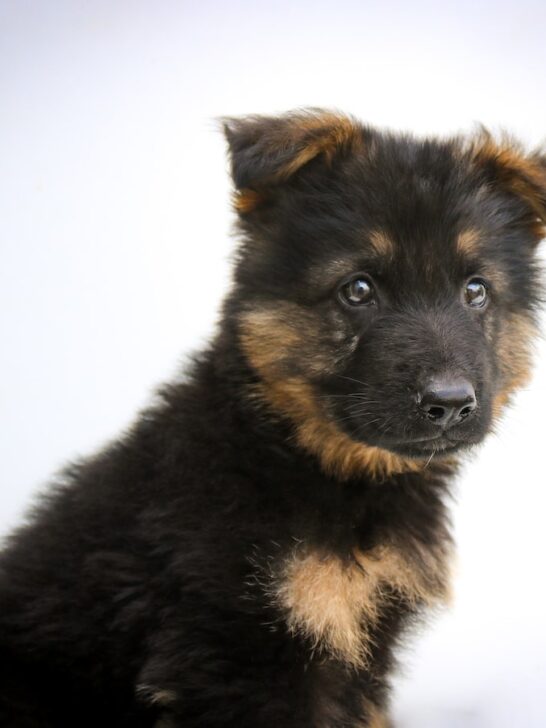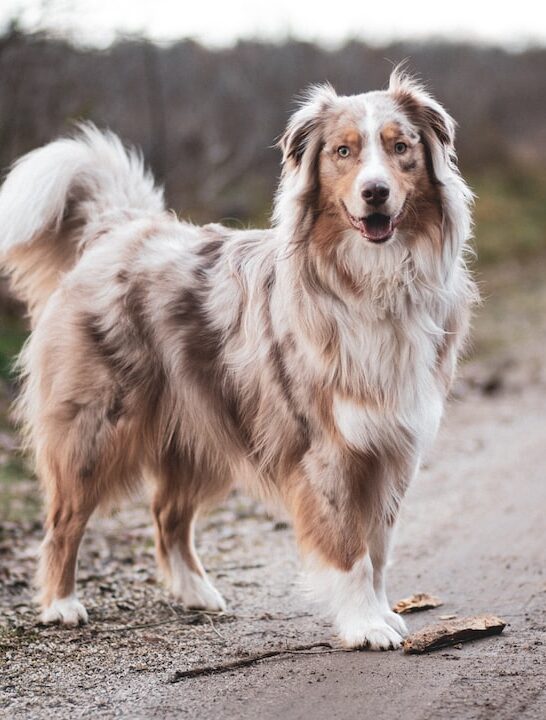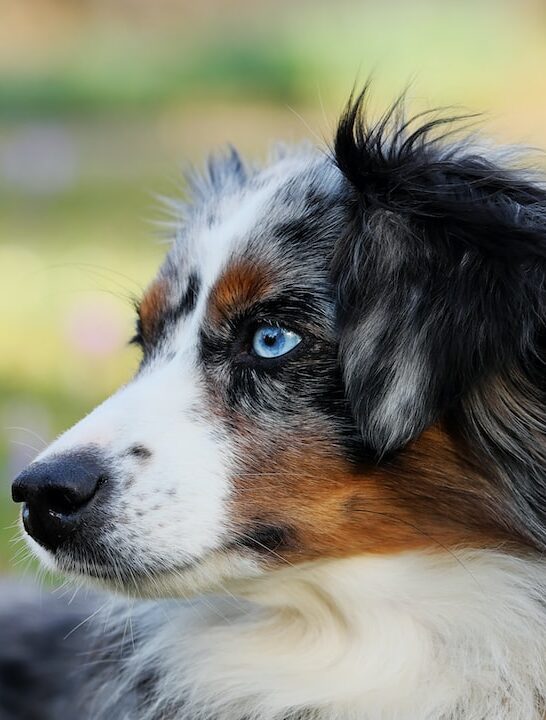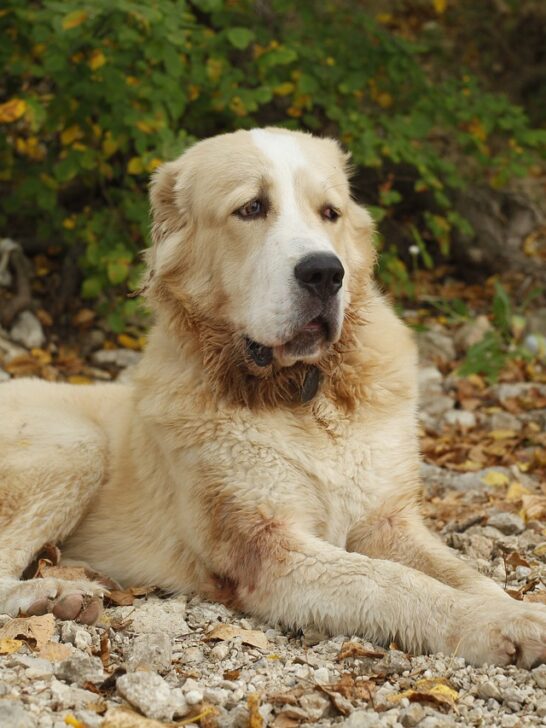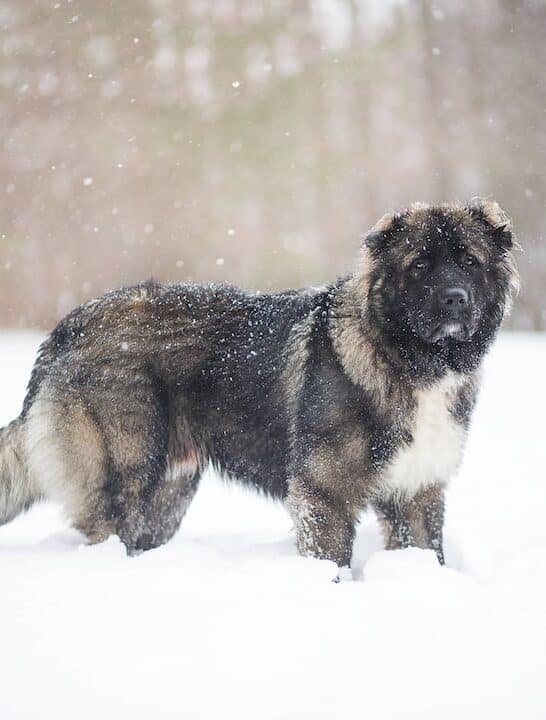Do German Shepherds and Huskies Get Along? All You Need To Know
If you already own a German Shepherd or a Husky, then you know how much fun they are. Both breeds are playful and full of energy, but they can also have their tempers!
Owners can stress over the decision to potentially share their home with two dogs, instead of one.
There are countless benefits of adding a second dog to your home, like a new best pal for your aging GSD or Husky.
But before making a final decision, you’re going to want to do your research to make sure the two dogs can actually be compatible with one other.
Do Siberian Huskies get along with German Shepherds?
For sure! Huskies can get along perfectly fine with German Shepherds.
GSDs are even featured on lists of compatible breeds with Huskies.
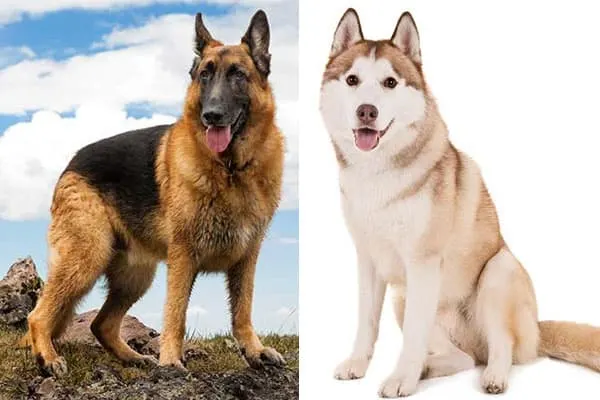
With proper introductions and socialization, there shouldn’t be any issues, and most pet owners who own both a Husky and German Shepherd find that they make great companions.
But what makes them good companions for Huskies and what should you do if the dogs don’t end up liking one another?
Do German Shepherds and Huskies Get Along? Breed Personalities
The Personality of a Husky
To determine why Huskies and German Shepherds get along, it’s important to examine a few key features of their personalities.
In regards to Husky, they are notorious for having high energy levels.
According to the American Kennel Club, Huskies enjoy getting along with other dogs.
This is likely due to their history of working with other dogs to complete a goal.
Huskies are famous for winning sled dog races. Without learning to get along and working together, the dogs would have never been successful in making it to the finish line.
That sense of teamwork and pack mentality can be transferred to other dogs.
One potential factor that may influence how well your Husky gets on with your German Shepherd is its prey drive.
According to the The Malamute Mom, owners should be wary of the prey drive that exists within Huskies.
A dog’s prey drive typically refers to an instinctual response when it sees something that it considers prey. For a Husky, that typically means small animals.
Cats and smaller dogs, for example, may fall prey to a Husky.
Whenever the smaller animal goes running off, the Husky will feel compelled to chase it down and perhaps attack it.
Owners of German Shepherds shouldn’t have to worry as much about prey drives with their Huskies.
German Shepherds are typically a little bigger than Huskies. They can hold their own against them.
However, it is one negative trait that dog owners should be aware of when it comes to Husky.
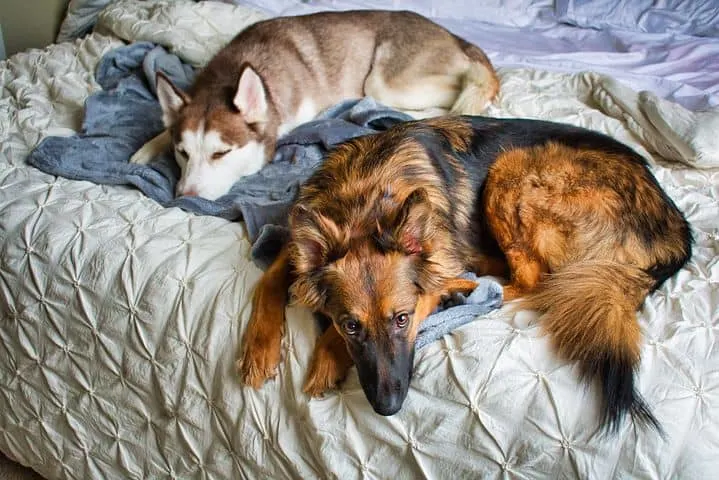
The Personality of a German Shepherd
Pet owners have enjoyed including German Shepherds into their homes for centuries. When it comes to man’s best friend, the German Shepherd sets the standard.
As the American Kennel Club explains, German Shepherds are one of the most popular working dogs in America.
They help soldiers out in battle, firefighters at home, and can even help seniors who require medical assistance.
They’re acutely intelligent, easy to train, confident, brave, and eager to obey.
One aspect of their personality, as described by dogtime.com, is that they are aloof.
This means that they are slow to trust. However, after their trust has been earned, they’re loyal for life.
This aloofness can make introducing a Husky into your home a little difficult. German Shepherds are naturally suspicious of anything new in their life.
New people and new dogs may not receive a warm welcome from them.
If you intend on bringing more dogs into your home, it’s a good idea to first make your German Shepherd socialized. This is best done when they’re puppies.
The following Youtube video helps give an explanation of good practices for socializing your puppy:
Essentially, the earlier you start and the more safe exposure you give to your German Shepherd, the more comfortable they’ll be with other people and dogs around.
Without socializing, you may run into behavioral problems.
In regards to the German Shepherd, one of those behavioral problems may be dominance. German Shepherds are used to working alone.
They’re independent. Having a Husky around them may make them feel a need to express dominance.
This means that they may fight the Husky until it submits.
Some of those fights can become nasty, so it’s best if you can train your German Shepherd to think of yourself as Alpha Leader rather than itself.
This can be done through obedience training.
Introducing Your Two Dogs Together
The success of the companionship largely comes down to how they first meet one another.
To make things easy, it’s best to get a puppy Husky and a puppy German Shepherd at the same time.
When they’re puppies, they recognize each other as a family rather than as a separate dogs. Because they grow up together, they’re used to each other.
If your dogs are already grown, then you can still introduce them with some success. The Animal Humane Society provides a few tips.
The first is to let them meet in neutral territory.
Introducing another dog to your home while the other dog is there means you’re invading your current dog’s territory with a new dog.
They won’t appreciate that. The other dog will be seen as another entity. They may even be seen as an enemy.
Instead, take your two dogs out to a park or your neighbor’s yard. They should both be on leashes. You don’t want to bring them close just yet.
The first meeting is to get them used to each other’s scents and presence.
The second time that you have them meet, you can release their leashes after they start sniffing one another.
If they seem aggressive, then grab their leashes and separate them. This meeting should also be in neutral territory.
If all goes well, then they’ll start playing with one another or ignoring one another entirely. If it doesn’t, then you can simply separate them and schedule another meeting.
Eventually, you can then have them meet in the yard at home. You may even want to lead your resident dog out into the yard while the new dog enters the home for the first time.
This allows their scent to enter the area without the other dog becoming aggressive.
After a few minutes, you can allow your resident dog back into the house with you. They’ll see that the new dog is there and established.
If tensions rise, then separate the two and try again.
It’s also good practice to keep the dogs separate while you’re away from home.
While they’re still acclimating to one another, fights can break out between them. You don’t need to come home to find a bloody dog.
One way that you can help the acclimation is by showing both equal attention. You should be established as the pack leader in your household, so they should both defer to you.
Conflicts that arise due to squabbling over a favorite toy or a dog bowl can be avoided.
Reward polite behavior like sharing and discipline bad behavior like snapping at one another. Growling is to be expected.
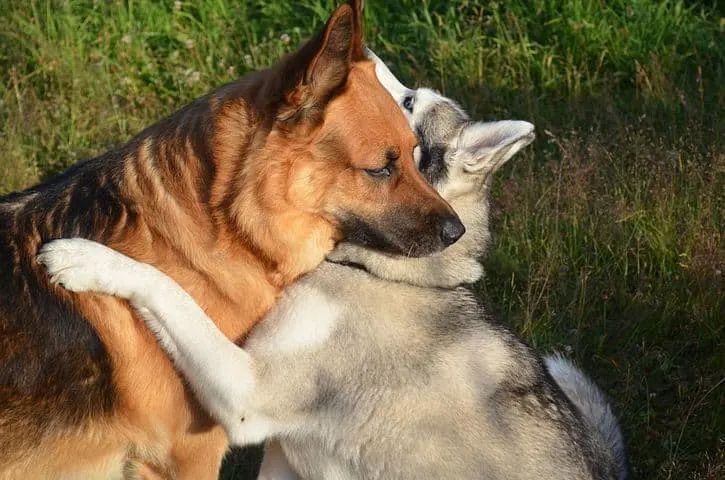
Training Your German Shepherd & Husky To Be Great Companions
When it comes down to if German Shepherds and Huskies make for great companions, it all boils down to training.
The personalities of each breed are important. However, personalities vary between each dog.
You may find that your Husky is anti-social instead of personable. Or you may find that your German Shepherd is friendly towards other dogs instead of suspicious.
Personalities may be variable, but you can compensate for training.
As mentioned before, a big factor in whether or not your dogs will get along is how well they were socialized as puppies. Another important factor is their obedience.
German Shepherds are easy to train while Huskies are typically stubborn.
While you shouldn’t give up obedience training on your Husky, you may want to count on your German Shepherd to keep the peace.
Obedience training is a great factor in determining how well your dogs get along because you can root out bad behavior.
If your dog tends to snap at other dogs, then you can work on training it out of him.
Implementing teamwork can also help your dogs get along by learning to work together. Your German Shepherd will likely take naturally to any task given to it.
The Husky may need a little guidance. However, Husky provides strength and endurance.
By putting the two of them through a challenge like a dog sled running, nose games, or other races, they’ll build camaraderie between them.
No longer will they see each other as “another dog.” They’re a coworker, a teammate, and hopefully, a friend.
Start Your Pack
German Shepherds and Huskies both make for great pets. They’re both loving, loyal, and protective of their families.
They also can be great companions if introduced in the right way.
Their energy levels and emphasis on needing to play can allow them to play together and wear each other out.
These breeds can be great friends under the right training.
























